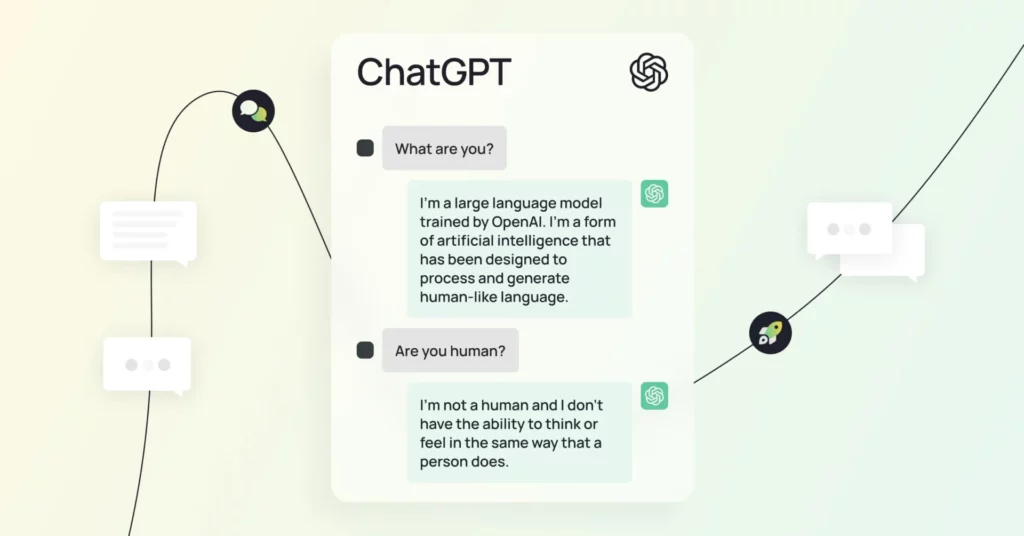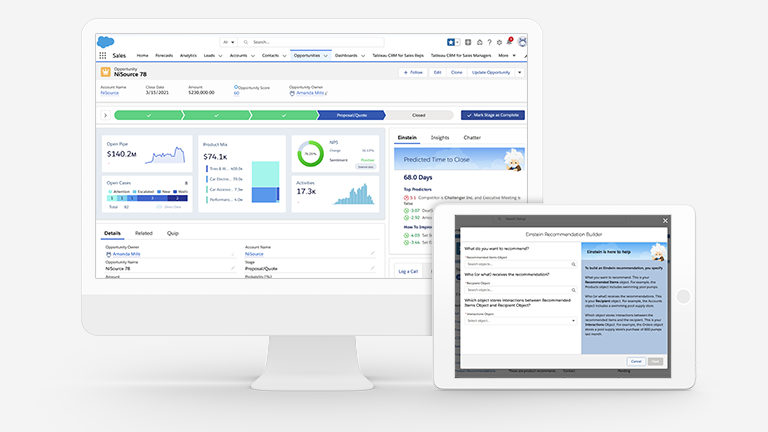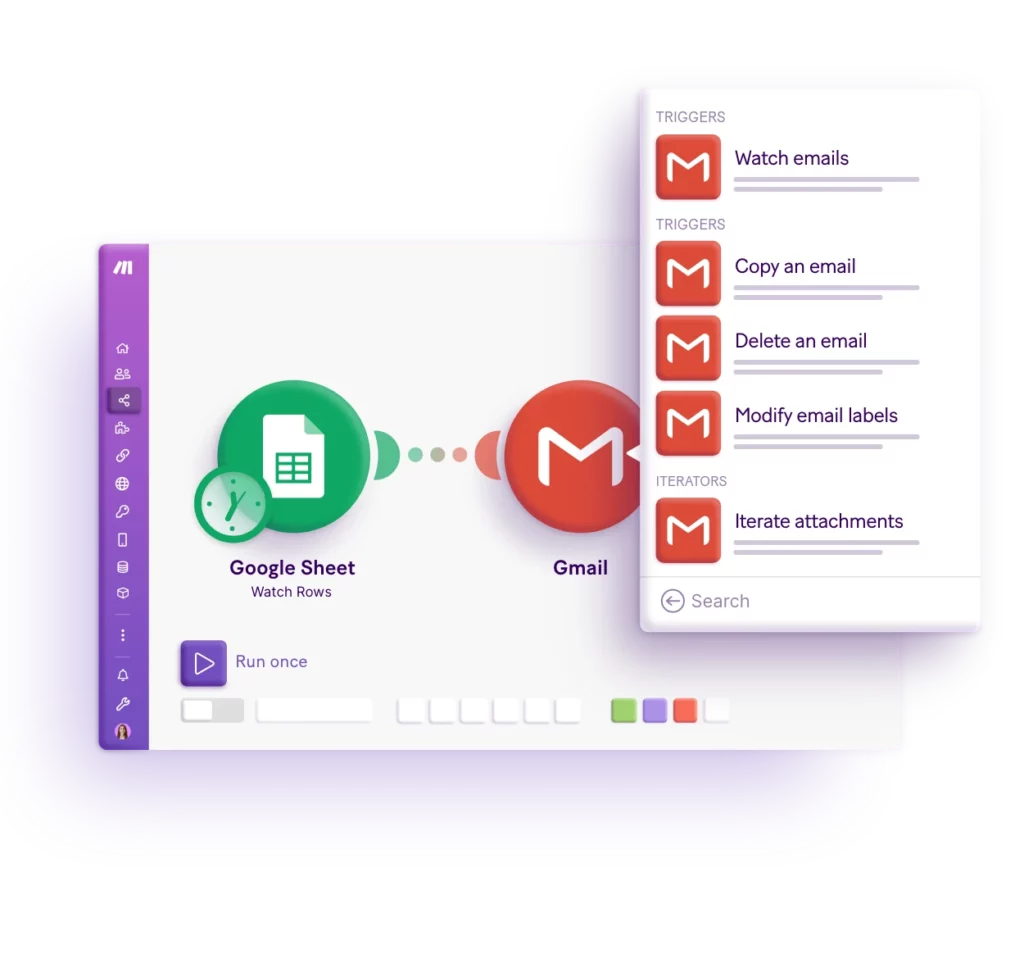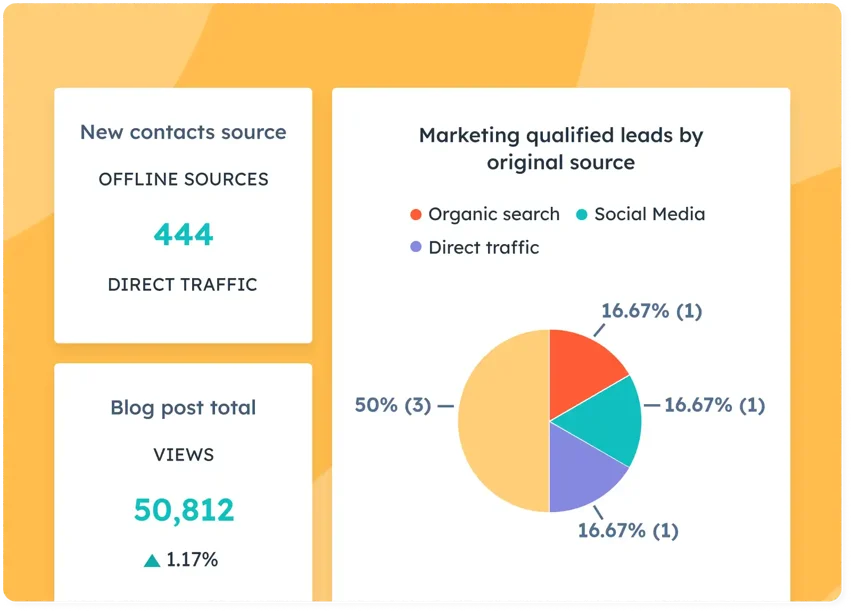During this era, startups are witnessing an unparalleled transformation, driven by AI’s capabilities. These tools are not only enhancing existing business models but also paving the way for new methods of problem-solving and decision-making. They offer a blend of efficiency, accuracy, and creativity, enabling startups to navigate the complex business environment of 2024 with more agility and foresight. As we examine each of these AI innovations tools, we’ll uncover how they have become integral to entrepreneurial success, offering solutions that are as diverse as they are impactful.
1. ChatGPT-4 by OpenAI

- Description: ChatGPT-4 represents a quantum leap in natural language processing. This AI model is capable of understanding context, nuances in language, and can respond in a conversational manner. It is built on a vast dataset, enabling it to assist in a variety of tasks ranging from writing and editing to coding and data analysis.
- Usage: This tool finds its application in automating customer service chatbots, generating creative content for marketing, assisting in developing code for tech startups, and even providing language translation services.
- Benefits: ChatGPT-4 is a cost-effective solution that can significantly reduce labor costs associated with customer service and content creation. Its ability to interact in a human-like manner enhances customer engagement and satisfaction, while its versatility makes it a valuable asset across various departments of a startup.
2. DeepMind’s AlphaFold

- Description: AlphaFold is a cutting-edge AI tool designed for scientific discovery, particularly in predicting the 3D structures of proteins. It uses deep learning algorithms to predict protein folding, which is a crucial aspect of understanding biological processes and diseases.
- Usage: Startups in the biotechnology and pharmaceutical sectors find AlphaFold indispensable for accelerating research in drug discovery, understanding genetic diseases, and developing new therapeutic techniques.
- Benefits: By providing accurate predictions of protein structures, AlphaFold reduces the time and financial investment required in laboratory experiments. This accelerates the pace of medical breakthroughs and offers potential pathways to cure diseases more efficiently.
3. Salesforce Einstein

- Description: Salesforce Einstein is an AI-powered addition to the Salesforce CRM platform. It integrates various AI capabilities like predictive analytics, natural language processing, and machine learning to enhance customer relationship management.
- Usage: Entrepreneurs use Einstein for forecasting sales trends, gaining insights into customer behavior, personalizing customer interactions, and automating repetitive CRM tasks.
- Benefits: The tool improves the accuracy of sales forecasts, offers personalized marketing strategies based on customer data, and enhances overall efficiency in customer relationship management.
4. IBM Watson
- Description: IBM Watson is renowned for its sophisticated AI capabilities, which include deep learning, natural language processing, and machine learning. It offers a wide range of AI-powered solutions across different industries.
- Usage: Watson is utilized for complex data analysis, extracting business insights, customer service automation, and even in healthcare for patient care management.
- Benefits: It provides deep and actionable insights from large datasets, assists in informed decision-making, and can automate various business processes, thereby streamlining operations and reducing costs.
5. Google Cloud AI

- Description: Google Cloud AI offers a suite of machine learning tools and services based on Google’s leading-edge technology. It provides scalable and accessible AI solutions for startups and enterprises alike.
- Usage: It is particularly beneficial for startups needing cloud-based solutions for data storage, large-scale data processing, and building machine learning models.
- Benefits: Google Cloud AI is known for its user-friendly interface and integration with other Google services, making it a go-to for startups looking for scalable, secure, and versatile AI solutions.
6. AWS Machine Learning

- Description: AWS Machine Learning provides a comprehensive suite of tools. And services for building, training, and deploying machine learning models at scale. It caters to both beginners and experienced practitioners in the field of AI.
- Usage: This platform is used for a wide range of applications, from predictive analytics to personalization engines and fraud detection systems.
- Benefits: AWS Machine Learning stands out for its scalability, robustness, and deep integration with other AWS services. Offering a versatile and powerful environment for startups to develop their AI solutions.
7. Zapier

- Description: Zapier is an online automation tool that connects over 3,000 web apps, allowing users to create automated workflows. It simplifies the process of integrating different software tools and services without the need for extensive programming knowledge.
- Usage: It is used to automate repetitive tasks between various applications such as email, CRM, social media, and project management tools.
- Benefits: Zapier boosts productivity by automating routine tasks, thus allowing teams to focus on more strategic work. It also ensures smoother workflow transitions and enhances process efficiency.
8. HubSpot’s Marketing Hub

- Description: HubSpot’s Marketing Hub is an all-in-one marketing software that leverages AI tools for inbound marketing, content management, and customer experience enhancement.
- Usage: This tool is pivotal for startups in managing content, executing social media strategies, conducting SEO, and analyzing marketing performance.
- Benefits: It streamlines marketing activities, optimizes content strategy with AI-driven insights, and generates better leads, thereby improving overall marketing ROI for startups.
In summary, the landscape of AI tools in 2024 offers a treasure trove of options for entrepreneurs and startups. These tools not only enhance operational efficiencies but also open new avenues for innovation and customer engagement. Staying abreast of these technologies and leveraging their capabilities can provide startups with a significant competitive advantage in the rapidly evolving business world.
